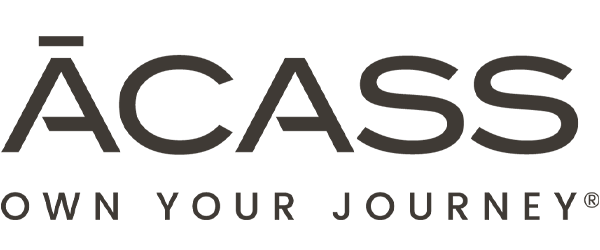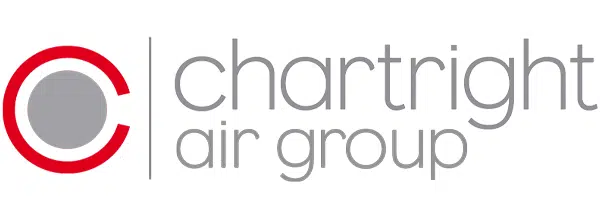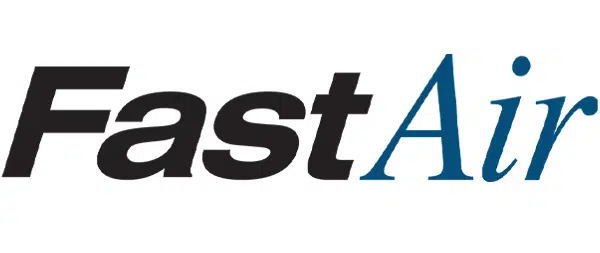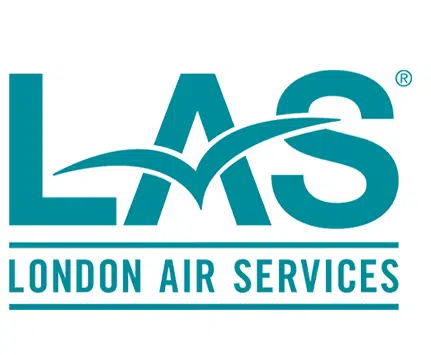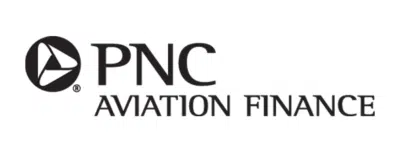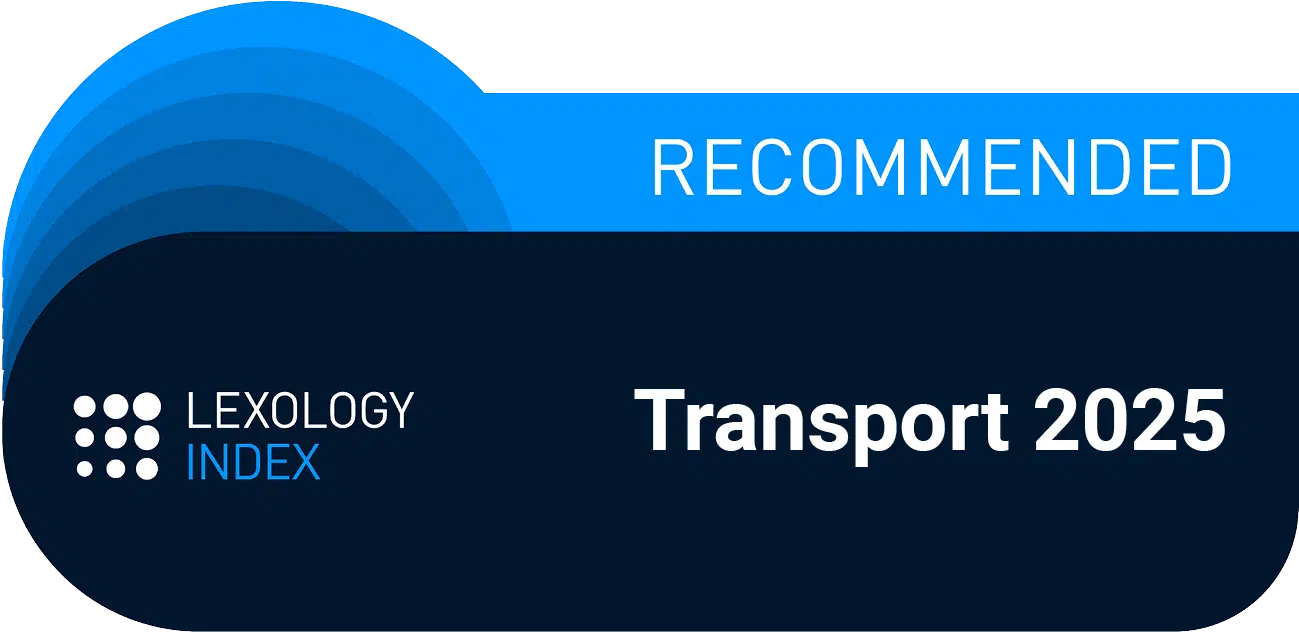Transport Canada’s Safety Management Systems (SMS) Non-Punitive Reporting Policy
We were recently consulted by a client concerning an aviation enforcement action that was being undertaken by Transport Canada. The Enforcement Officer alleged certain violations of the Canadian Aviation Regulations (CARs) on the basis of a report filed under the company’s Safety Management Systems (SMS). The pilot, who had filed the report, was the only person aware of the incident and, but for his voluntary disclosure in the interests of safety, the incident would have gone unreported.
In our discussions with Transport Canada, the Enforcement Officer acknowledged that had it not been for the SMS report and the subsequent committee meetings and reports that followed, he likely would not have found out about the incident. In this discussion, the Enforcement Officer referenced a similar situation which had arisen several years earlier, which had involved a different pilot at the same company, as another justification for the enforcement action. The Enforcement Officer seemed to indicate that since this past incident and the present one were similar, the latest incident was worthy of sanction on account of the past incident.
Although the enforcement action was subsequently dropped by Transport Canada, it was important to challenge the basis of the enforcement that was being pursued.
There are two glaring issues which in our view, the Enforcement Officer overlooked in his pursuit of this case. The first is a matter of both procedural fairness and fundamental justice for the accused. The second issue is more of a policy argument, which in our view has broad ramifications to the entire SMS framework which is gradually transitioning the industry towards supervised self-regulation.
In Canada, laws which create offences and sanctions are divided into two categories; true crimes and regulatory offences. The former includes things such as homicide or theft, whereas the former would include speeding or environmental pollution. While each of these two categories have different thresholds of intent (given the associated level of moral culpability), they are both subject to the same rules of evidence and procedure.
With respect to evidence, propensity evidence may not be admitted or used at trial to find someone guilty, be it on a charge of murder or for exceeding a provincial speeding ticket or even for a parking ticket. In order for justice to be done, it is irrelevant whether an accused has murdered, sped, or parked illegally in the past because this does not prove that on the date of the alleged instance he/she acted in the same manner. Propensity evidence may however be used to determine the penalty that ought to be imposed since penalties are also designed to deter someone from acting in the same manner again.
In the enforcement action against the pilot, none of this even really applied. The Enforcement Officer was seeking to find the pilot guilty on the basis that another pilot (who was no longer with the operator) had acted in a similar manner several years ago. This reasoning to us is fundamentally flawed. Furthermore, the enforcement of all laws in Canada must fall within the limits established in the Charter of Rights and Freedoms. Among others, the Charter grants persons charged with an offence the right not to self-incriminate. In this case, the SMS evidence was the same inculpatory/self-incriminating evidence upon which the Enforcement Officer was relying. Furthermore, this information was provided by the pilot under the misapprehension, which was in part created by Transport Canada officials, that his reports would be free from disciplinary action under the “Non-Punitive Reporting policy” requirement which is one of Transport Canada’s parameters for acceptable SMSs.
This then takes us to the second issue we see with Transport Canada seeking to impose a penalty on the pilot based on his SMS filing. If Transport Canada seeks to impose penalties on the basis of SMS reports, it is our view that the SMS framework will be short-lived. This is because the system operates on the basis that “Employees are more likely to report events, and cooperate in an investigation, when some level of immunity from disciplinary action is offered.” However, our review of the CARs on this matter has indicated that Transport Canada is not bound by legislation to afford such SMS reports immunity. Once industry participants come to the realization that the CARs do not provide such immunity, and that the non-punitive measures only act to bind employers, reports will soon begin to dry up. Companies will reduce “self-regulation” and Transport Canada will have to begin monitoring and auditing more regularly, with its ever-thinning budget and resources. The question we posed to Transport Canada on behalf of our client, was whether Transport Canada was prepared to see this reality through.
In our view, the Canadian aviation industry should vigorously resist such enforcement actions by Transport Canada. Transport Canada should look to reinforce the obligation of pilots and operators under the CARs to promptly and diligently report snags, but not on the basis of an SMS report which, with the participation of Transport Canada’s inspectors, had resulted in corrective actions already having been taken. Anything more than a slap on the wrist, including any financial penalties or suspensions which would inhibit the pilot’s future career prospects would appear to be patently unfair.
***
This post is intended as general information to the aviation industry and should not be construed as legal advice to be applied to any specific factual situation. As the law differs in each legal jurisdiction and may be interpreted or applied differently depending on your location or situation, this post is not a substitute for the advice of a lawyer.
- New Liability Limits MC99
- Special Aviation Exemptions Issued to Ensure Critical Holiday Operations
- Simplifying Airspace Operations: Understanding AC 700-039 Issue 03 and RVSM Requirements














